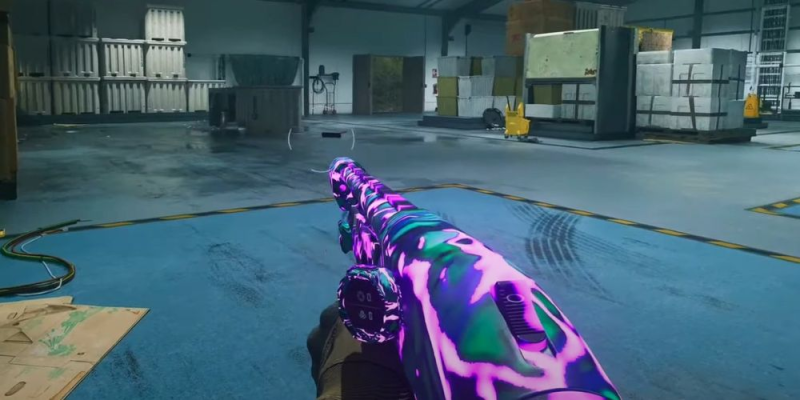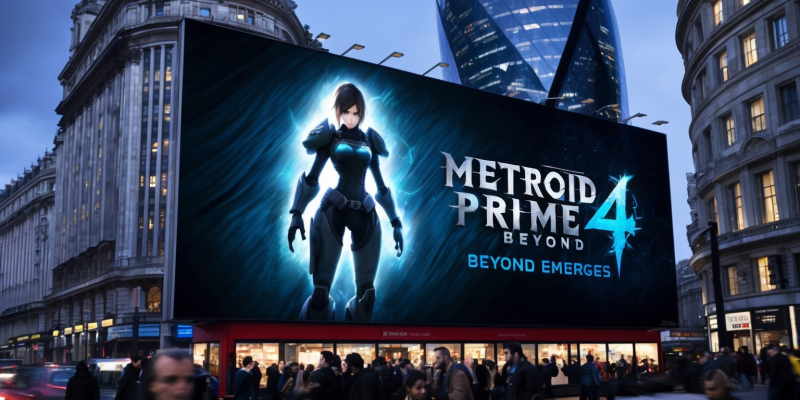Call of Duty Showdown: Esports Titans Take on Activision Blizzard in Legal Battle

In a significant clash reminiscent of David versus Goliath, two prominent figures in the Call of Duty esports realm, Hector "H3CZ" Rodriguez and Seth "Scump" Abner, have filed a colossal lawsuit against gaming giant Activision Blizzard. The pair, famed within the gaming community for their tactical prowess and popularity, are leading what could be a pivotal legal battle, alleging that Activision has unlawfully monopolized the professional Call of Duty esports leagues and tournaments. This dispute could very well redefine the landscape of esports competition and ownership rights.
The claim rests on the notion that before Activision tightened its grip in 2019, the Call of Duty esports ecosystem flourished, with multiple organizers conducting leagues and tournaments. However, the plaintiffs argue that in a strategic move, Activision consolidated control, leaving existing teams and players sidelined. This case circles around the core of esports, raising questions about competition, fair practice, and the balance of power between publishers and players. Rodriguez and Abner's lawsuit specifically cites various anticompetitive actions purportedly taken by Activision to establish an ironclad hold over the Call of Duty competitive scene.
The lawsuit draws a bleak picture of the exclusivity imposed by Activision Blizzard on Call of Duty League (CDL) teams. With exorbitant entrance fees and reportedly draconian contracts, it appears teams were left with little choice but acquiescence or exit. This suit brings to light the alleged behind-the-scenes hardships and financial pressures faced by teams under the dominion of a single entity. There's a palpable tone of betrayal and stifling of the once dynamic and competitive Call of Duty esports environment that could have ripple effects across the industry.
In stark contrast, Activision Blizzard has come out swinging, declaring these claims as enshrouded with no legal or factual basis and labeling this lawsuit as a coercion tactic for financial gain. It stands to reason that this legal scuffle will be fraught with allegations and defenses as each side vies for vindication. It will be up to the courts to dissect the intricate tapestry of agreements, regulations, and behaviors to determine if Activision did, in fact, overstep its bounds.
What's at stake here is more than just a hefty financial settlement; it's about the heart and soul of the esports industry. The outcome of this case may reshape the future of esports, determining how games are played and managed on a professional level. As this legal drama unfolds, the gaming community watches with bated breath, knowing that the verdict could signal a new era for esports governance, for better or worse.
Most Popular
-
![]() Top Apps
Project Egoist: Where Anime Style Sparks Tactical Football Fire
Roblox: Project Egoist stands as a vivid testament to the creativity and technical ingenuity of its...
Read more
Top Apps
Project Egoist: Where Anime Style Sparks Tactical Football Fire
Roblox: Project Egoist stands as a vivid testament to the creativity and technical ingenuity of its...
Read more
-
![]() News
Retold Legends: Navigating Nostalgia in a New Sci-Fi Adaptation
The recent buzz surrounding the upcoming science fiction adaptation has stirred up excitement and co...
Read more
News
Retold Legends: Navigating Nostalgia in a New Sci-Fi Adaptation
The recent buzz surrounding the upcoming science fiction adaptation has stirred up excitement and co...
Read more
-
![]() News
Metroid Prime 4: Beyond Emerges on London Billboards, Igniting Fans' Release Date Speculation
This development has sparked conversation among fans as word circulates about a high-profile project...
Read more
News
Metroid Prime 4: Beyond Emerges on London Billboards, Igniting Fans' Release Date Speculation
This development has sparked conversation among fans as word circulates about a high-profile project...
Read more


